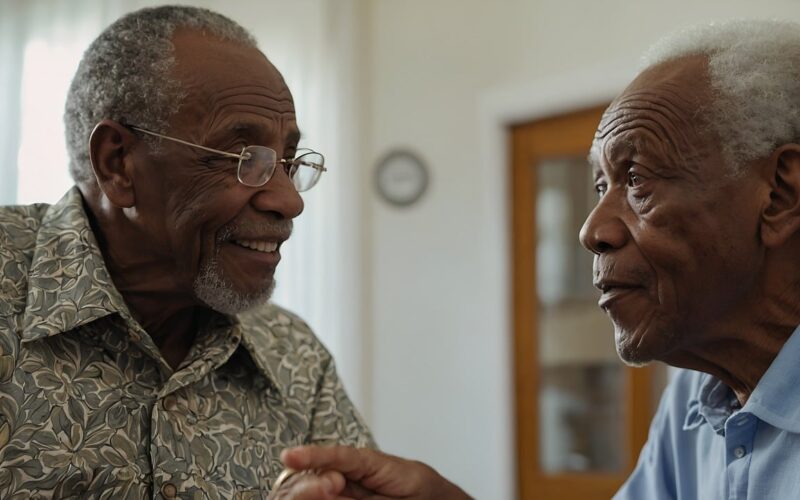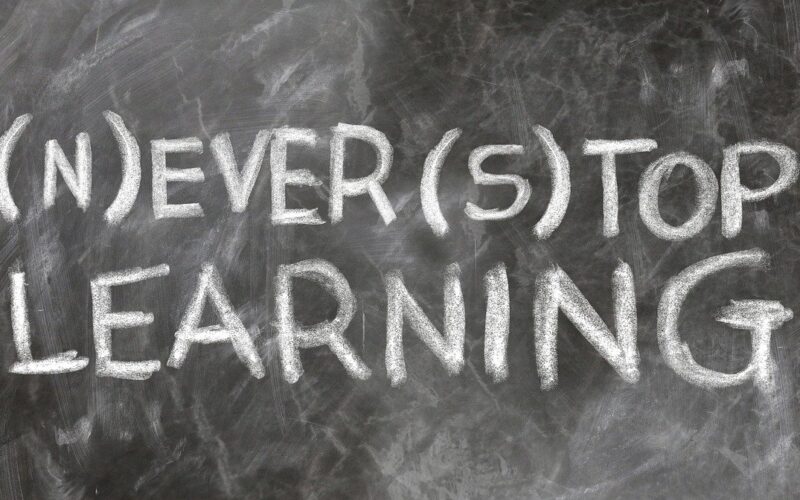In the ever-evolving landscape of healthcare, continuous professional development is not just a choice but a necessity. Nurses and doctors, more than any other professionals, are at the forefront of this dynamic field. The rapid advancements in medical technology, the introduction of new treatment protocols, and the emerging complexities of patient care require healthcare professionals to constantly upgrade their knowledge and skills.
This commitment to lifelong learning ensures that they can provide the highest standard of care and respond adeptly to the changing needs of the patient population.
An ageing population
The demands of the healthcare sector are continuously influenced by factors such as an ageing population, the rising prevalence of chronic diseases, and the introduction of innovative healthcare solutions. As the population grows older, the incidence of age-related conditions like dementia, cardiovascular diseases, and arthritis increases, necessitating specialised training in geriatric care.
Similarly, the rise in chronic illnesses calls for additional expertise in managing long-term conditions, requiring nurses and doctors to stay updated with the latest treatment methodologies and care practices.
Basic patient care
Healthcare assistant (HCA) training is a critical component in this ongoing educational pursuit. HCAs support the work of qualified nurses and doctors, providing essential care to patients and ensuring the smooth functioning of healthcare facilities.
Comprehensive HCA training programmes cover a wide range of skills, from basic patient care to more specific tasks, such as administering medications and recording vital signs. This foundational training prepares HCAs to effectively assist in various healthcare settings, thus enhancing the overall efficiency and quality of patient care.
Detect abnormalities
One specific area of training that healthcare professionals frequently pursue is electrocardiogram (ECG) training. An ECG is a vital tool used to monitor the electrical activity of the heart and diagnose various cardiac conditions. Mastery of ECG interpretation is essential for healthcare providers, as it enables them to detect abnormalities such as arrhythmias, myocardial infarctions, and other heart conditions promptly.
Completing an ECG course equips nurses and doctors with the expertise needed to perform and analyse ECGs accurately, enhancing their diagnostic capabilities and improving patient outcomes.
Latest clinical guidelines
The importance of ECG training cannot be overstated in a healthcare environment where cardiovascular diseases remain one of the leading causes of morbidity and mortality. For healthcare professionals, being adept at ECG interpretation means being able to make swift, informed decisions in critical situations, potentially saving lives.
Continuous ECG training and refresher courses ensure that these vital skills remain sharp and up-to-date with the latest clinical guidelines and technologies.
Latest research findings
In addition to specialised training courses, ongoing education is also facilitated through professional conferences, workshops, and online platforms. These avenues provide healthcare professionals with opportunities to learn about the latest research findings, technological advancements, and best practices in patient care.
Engaging in these educational activities fosters a culture of continuous improvement and professional excellence within the healthcare industry.
The best possible care
Overall, the drive for continuous skill enhancement and qualification upgrades is fundamental for healthcare professionals to stay competent and responsive in a rapidly changing field. Whether through HCA training, ECG courses, or other educational pursuits, the commitment to lifelong learning ensures that nurses and doctors can provide the best possible care to their patients in an ever-evolving healthcare landscape.




